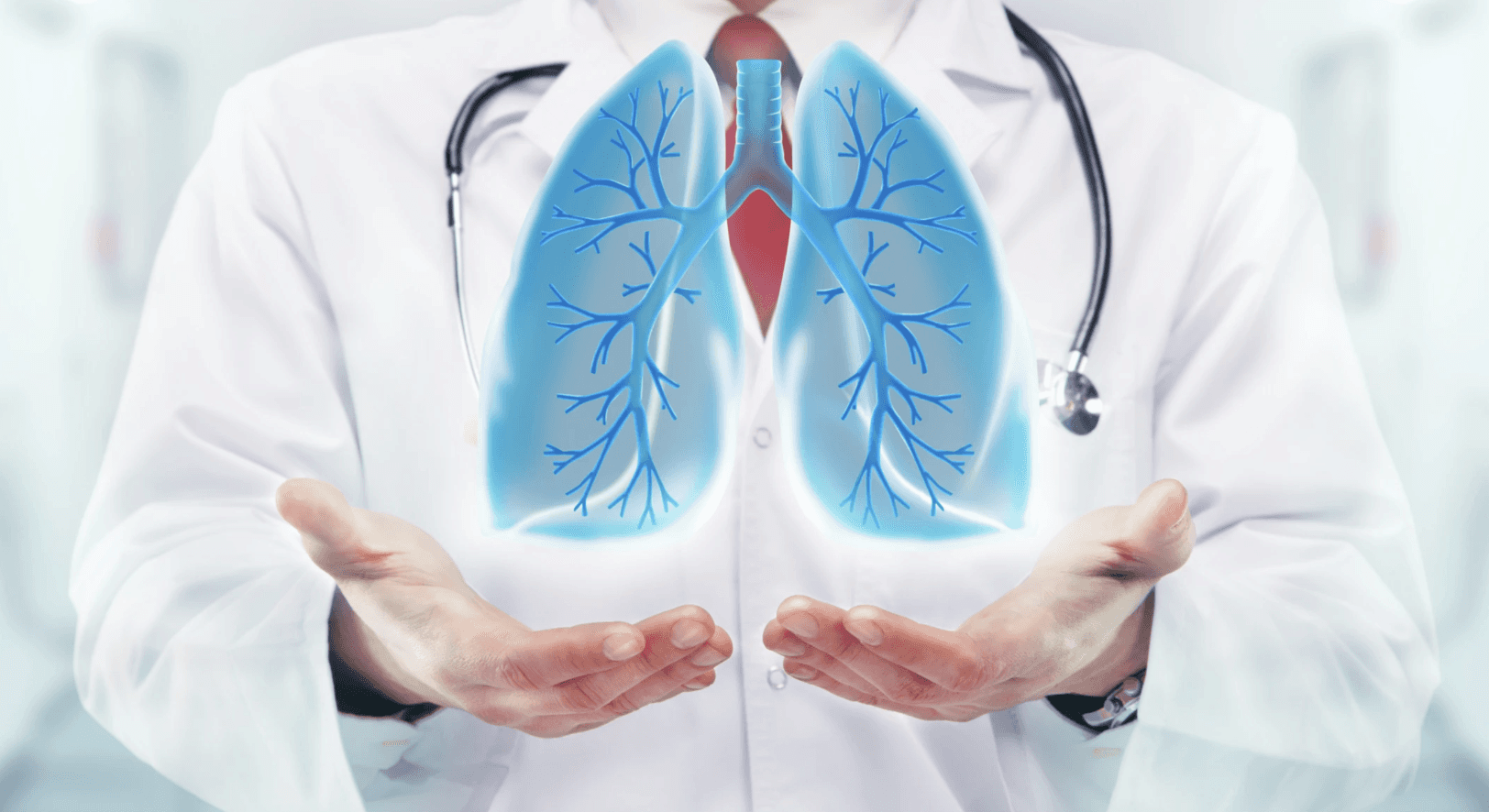

Chest Care
Chest Care
Our specialized chest care program at PRS Neurosciences is dedicated to providing advanced and compassionate care for individuals requiring ventilator support, oxygenation, and specialized management of airway secretions and tubes. We employ a comprehensive VOST protocol (Ventilator, Oxygenation, Secretions, Tube) to ensure a holistic approach to respiratory care.
Ventilator Support and Oxygenation:
Our respiratory care team is equipped to handle various respiratory needs, including:
1. Ventilator Support:
– Comprehensive management for individuals requiring mechanical ventilation.
– Adjustment of ventilator settings based on individual respiratory needs and progression.
2. Oxygenation:
– Continuous monitoring and optimization of oxygen levels to ensure adequate oxygenation.
– Individualized oxygen therapy plans to meet specific patient requirements.
3. Secretion Management:
Effective secretion management is crucial for maintaining airway patency and preventing respiratory complications. Our program includes:
1. Airway Clearance Techniques:
– Utilization of techniques such as chest physiotherapy and cough-assist devices to facilitate the removal of respiratory secretions.
2. Suctioning Protocols:
– Implementation of safe and efficient suctioning protocols to manage excessive chest and oral secretions and maintain bronchial hygiene and airway patency
4. Tube Management:
For individuals with an artificial airway, proper tube management is essential. Our specialized care includes:
1. Endotracheal Tube Management:
– Continuous monitoring and care for individuals with endotracheal tubes, ensuring secure placement and optimal function.
2. Tracheostomy Management:
– Comprehensive care for individuals with tracheostomies, including timely tube changes, site care, and monitoring for potential complications like tube block.
VOST Protocol (Ventilator, Oxygenation, Secretions, Tube):
Our VOST protocol integrates all aspects of respiratory care, ensuring a coordinated and efficient approach:
1. Ventilator Management:
– Regular assessment and adjustment of ventilator settings to match the patient’s respiratory needs.
2. Oxygenation Optimization:
– Continuous monitoring and adjustment of oxygen levels to maintain optimal oxygenation.
3. Secretion Management Strategies:
– Tailored approaches to manage and clear airway secretions effectively.
4. Tube Care and Monitoring:
– Regular evaluation and care for artificial airways, including endotracheal tubes and tracheostomies.
Safe Decannulation and Rehabilitation:
Our goal is to facilitate safe decannulation for individuals with artificial airways. This involves a comprehensive approach:
1. Deflation Trials:
– Gradual deflation of the tracheostomy cuff to assess the patient’s ability to breathe independently.
2. Speaking Valve Trials:
– Introduction of speaking valves to facilitate vocalization and assess readiness for decannulation.
3. Blocking Trials:
– Progressive trials to assess the patient’s tolerance to breathing through the upper airway.
For all of these stages, there is a proper and meticulous rehabilitation process set up in place to make sure that all patients get decannulated safely without any kind of risk
Enquire for Consultation:
If you or a loved one require specialized chest care, our dedicated respiratory care team is ready to provide consultations. Contact us to schedule a consultation and explore how our comprehensive Chest Care Program can contribute to respiratory well-being and rehabilitation success.
Our specialized chest care program at PRS Neurosciences is dedicated to providing advanced and compassionate care for individuals requiring ventilator support, oxygenation, and specialized management of airway secretions and tubes. We employ a comprehensive VOST protocol (Ventilator, Oxygenation, Secretions, Tube) to ensure a holistic approach to respiratory care.
Ventilator Support and Oxygenation:
Our respiratory care team is equipped to handle various respiratory needs, including:
1. Ventilator Support:
– Comprehensive management for individuals requiring mechanical ventilation.
– Adjustment of ventilator settings based on individual respiratory needs and progression.
2. Oxygenation:
– Continuous monitoring and optimization of oxygen levels to ensure adequate oxygenation.
– Individualized oxygen therapy plans to meet specific patient requirements.
3. Secretion Management:
Effective secretion management is crucial for maintaining airway patency and preventing respiratory complications. Our program includes:
1. Airway Clearance Techniques:
– Utilization of techniques such as chest physiotherapy and cough-assist devices to facilitate the removal of respiratory secretions.
2. Suctioning Protocols:
– Implementation of safe and efficient suctioning protocols to manage excessive chest and oral secretions and maintain bronchial hygiene and airway patency
4. Tube Management:
For individuals with an artificial airway, proper tube management is essential. Our specialized care includes:
1. Endotracheal Tube Management:
– Continuous monitoring and care for individuals with endotracheal tubes, ensuring secure placement and optimal function.
2. Tracheostomy Management:
– Comprehensive care for individuals with tracheostomies, including timely tube changes, site care, and monitoring for potential complications like tube block.
VOST Protocol (Ventilator, Oxygenation, Secretions, Tube):
Our VOST protocol integrates all aspects of respiratory care, ensuring a coordinated and efficient approach:
1. Ventilator Management:
– Regular assessment and adjustment of ventilator settings to match the patient’s respiratory needs.
2. Oxygenation Optimization:
– Continuous monitoring and adjustment of oxygen levels to maintain optimal oxygenation.
3. Secretion Management Strategies:
– Tailored approaches to manage and clear airway secretions effectively.
4. Tube Care and Monitoring:
– Regular evaluation and care for artificial airways, including endotracheal tubes and tracheostomies.
Safe Decannulation and Rehabilitation:
Our goal is to facilitate safe decannulation for individuals with artificial airways. This involves a comprehensive approach:
1. Deflation Trials:
– Gradual deflation of the tracheostomy cuff to assess the patient’s ability to breathe independently.
2. Speaking Valve Trials:
– Introduction of speaking valves to facilitate vocalization and assess readiness for decannulation.
3. Blocking Trials:
– Progressive trials to assess the patient’s tolerance to breathing through the upper airway.
For all of these stages, there is a proper and meticulous rehabilitation process set up in place to make sure that all patients get decannulated safely without any kind of risk
Enquire for Consultation:
If you or a loved one require specialized chest care, our dedicated respiratory care team is ready to provide consultations. Contact us to schedule a consultation and explore how our comprehensive Chest Care Program can contribute to respiratory well-being and rehabilitation success.

